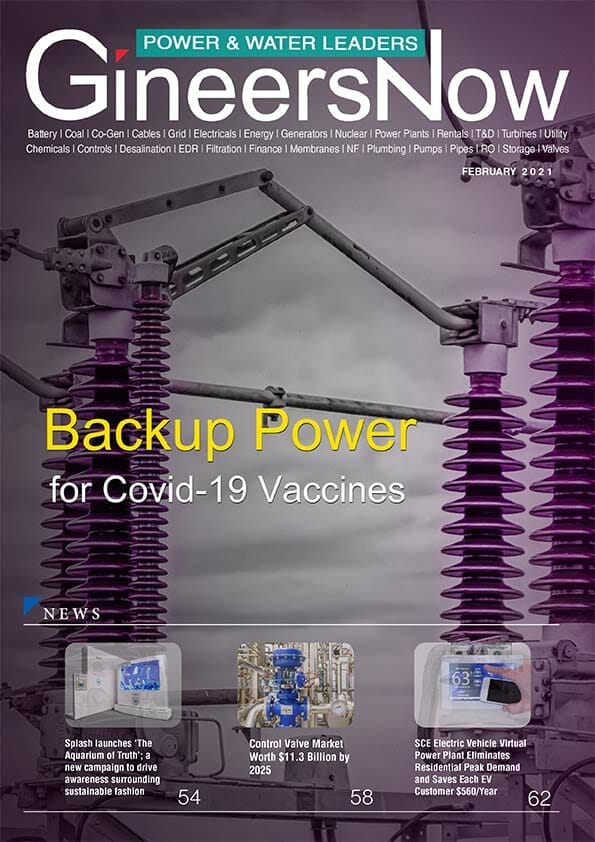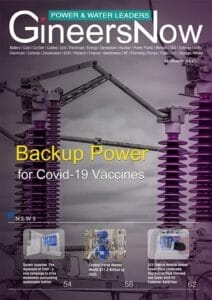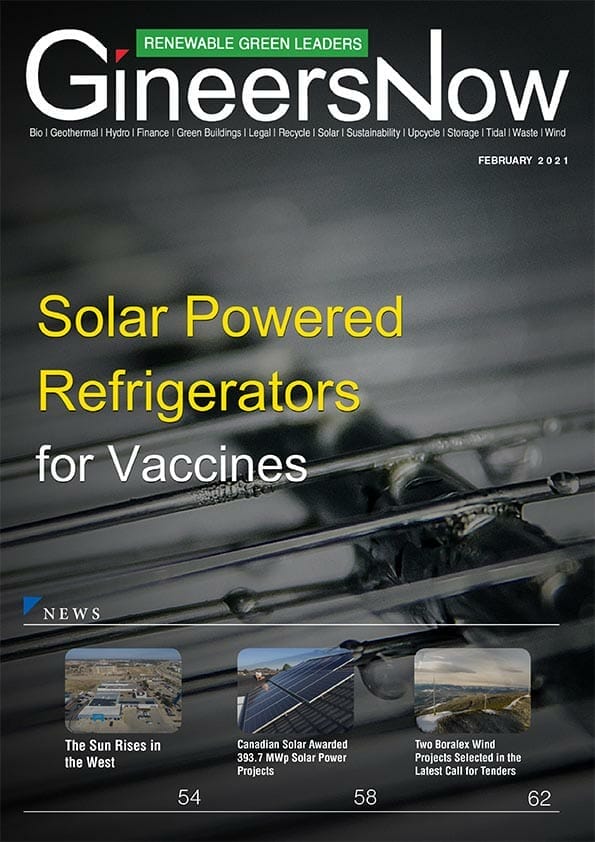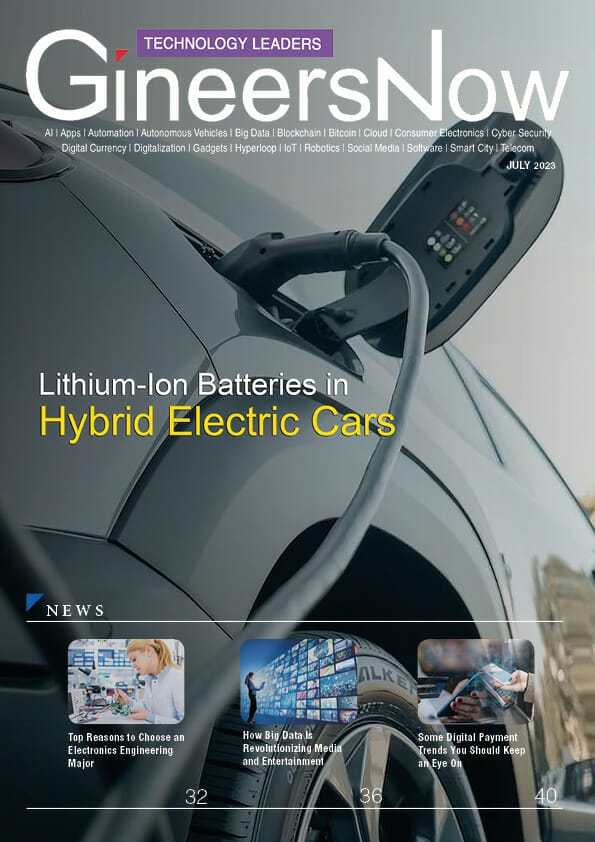Covid-19 Vaccines Power Generation
Even before the threat of COVID-19 consumed the world, cold-chain facilities have been greatly in demand in the food industry. This comes as no surprise as refrigerated distribution services and cold-storage facilities play an important role in delivering fresh and high-quality groceries and produce to consumers across the globe.
When the pandemic struck, more food retailers have demanded for cold-chain facilities as online shopping grew dramatically and people are starting to prefer fresh and organic foods. With this in mind, it is quite safe to say that power outages are the food industry’s greatest nemesis.
When outages happen at cold-storage facilities, the food industry is faced with not only a drop in revenue but tons of spoiled and unsaleable food and unhappy consumers. This is where emergency power systems come into play. For businesses to continue and achieve customer satisfaction goals, they must invest in reliable backup powers for their cold storage systems.
The same can be said for the newly released COVID-19 vaccines. Some of them require storage with temperatures as low as -80°C (-112°F), forcing pharmaceutical firms and shippers to upgrade their refrigeration capacities to accommodate these needs.
This comes as an immediate response since violations of temperature guidelines when it comes to vaccines can easily spoil the doses and render them unusable. However, apart from expanding freezer farms, medical facilities should also look into reliable backup powers, especially in remote areas where power grids are non-existent.
Although dry-ice packaging can become an alternative for storing vaccines in areas with no power, the unavailability of dry ice could easily prevent people from being vaccinated. It is therefore important that heads of state consider investing in backup power to support uninterrupted vaccine distribution.
In specifying the backup power equipment for critical refrigeration, it is important to include approaches like motor load disconnect circuits, in-phase transfer, delayed transition transfer switching, and closed transition transfer switching to prevent high inrush currents when switching to an alternate power source.













